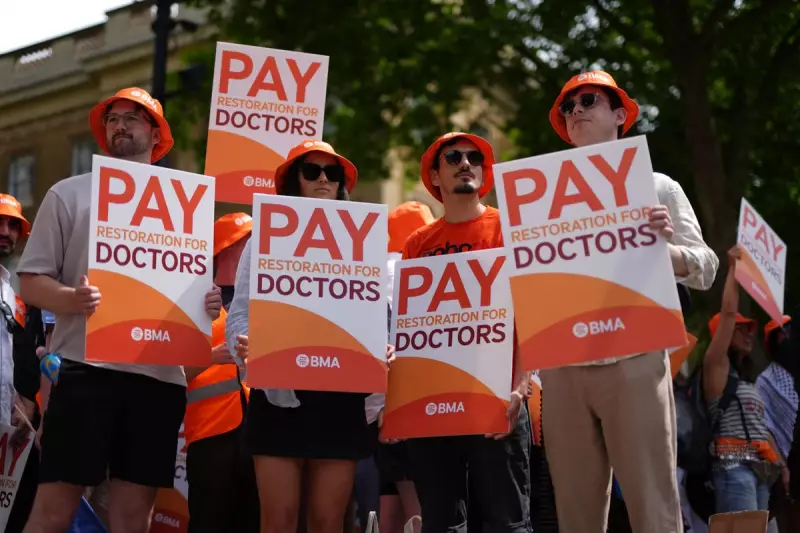
Junior doctors across England are gearing up for another round of strikes in February, escalating their ongoing battle with the government over pay and working conditions. The British Medical Association (BMA) has confirmed fresh walkouts, raising concerns over further strain on the already overburdened NHS.
Why Are Junior Doctors Striking Again?
The BMA argues that junior doctors have faced a 26% real-terms pay cut since 2008 due to inflation and stagnant wages. Despite months of negotiations, the union claims the government has failed to present a credible offer to restore fair compensation.
When Will the Strikes Take Place?
The industrial action is scheduled for:
- 24-28 February – A five-day walkout across all NHS services in England.
This follows previous strikes in December and January, which led to the postponement of thousands of hospital appointments and surgeries.
Impact on NHS Services
NHS England has warned that the upcoming strikes will cause "significant disruption", with emergency care prioritised and routine procedures likely to be delayed. Health leaders urge patients to use services wisely during the walkouts.
Government Response
The Department of Health maintains that it has offered a fair pay rise, but the BMA insists the proposal does not address long-term pay erosion. With no resolution in sight, fears grow over prolonged industrial action.
As tensions rise, patients brace for another wave of NHS disruptions while junior doctors vow to continue fighting for what they call "a fair deal for the workforce keeping the NHS alive".





